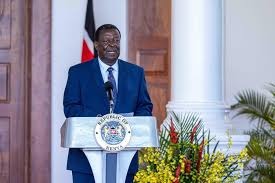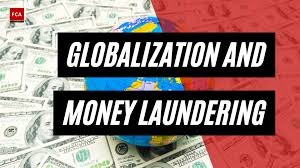In September 2018, President Mauricio Macri of Argentina received the Global Citizen Award in New York before rushing to meet then–IMF managing director Christine Lagarde. The prize was symbolic; the real reward came shortly afterwards when the IMF expanded its support programme for Argentina from USD 50.0 billion to USD 57.0 billion. It was a desperate attempt to stabilize an economy under pressure from years of mismanagement, currency weakness, and investor flight. Fast forward to 2025, and history seems to be repeating itself. President Javier Milei, Macri’s ideological opposite but equally reform-minded, is in New York to receive the same award and finalize another financial support package.
Argentina’s story is one of pendulum swings. Macri, elected in 2015, tried to integrate Argentina into global markets, rolling back years of populism. His reforms faltered, and by 2019 the Fernández-Kirchner ticket swept into office, undoing much of his work. By the end of their term, Argentina was reeling under recession, runaway inflation, and fiscal chaos. Milei, a self-proclaimed libertarian, rode into power in 2023 promising radical deregulation and fiscal discipline. Yet despite some progress, his government faces another financial crisis marked by opaque monetary policy, an overvalued exchange rate, dwindling reserves, and rising concerns over debt sustainability. Political risks loom large: Milei’s coalition is weak, his popularity has waned, and Peronism remains resilient.
The parallels with Kenya are instructive. Kenya too has oscillated between reformist zeal and populist retreat, especially in fiscal policy. On one hand, successive administrations have pledged fiscal consolidation and market-based reforms. On the other, political realities have often driven expansionary spending financed through borrowing and, more recently, through monetary accommodation. Like Argentina, Kenya’s external debt service burden has become a central policy concern. Rising maturities, exchange rate pressures, and dwindling fiscal space have kept investor confidence fragile.
The Argentine case underscores two lessons for Kenya. First, market confidence is as much political as it is economic. Milei’s reforms, fiscal consolidation and deregulation, have surpassed expectations on paper. Yet markets remain wary because his monetary and exchange rate frameworks lack clarity, and because political uncertainty clouds their sustainability. Kenya faces a similar credibility gap. While the Treasury has announced measures to improve revenue collection, rationalize spending, and extend the maturity profile of public debt, execution risks remain high. Investors will continue to demand a premium unless Nairobi demonstrates consistent, transparent, and rule-based fiscal and monetary frameworks.
Second, reforms must be politically anchored. Macri’s failure and Milei’s current struggles highlight the dangers of reforms without broad coalitions. In Kenya, frequent pushback from political constituencies against tax measures and subsidy removals has shown how reforms falter without buy-in. Just as Milei needs to transform from outsider to coalition builder, Kenya’s leadership must build consensus around fiscal responsibility, market principles, and institutional reforms. Otherwise, reforms risk reversal at every election cycle.
Argentina’s predicament is thus not a distant tale, but a cautionary mirror. External support packages, whether from the IMF, World Bank, or bilateral partners, can stabilize markets temporarily. But without political cohesion, transparent policy frameworks, and credible monetary anchors, they cannot prevent relapse. For Kenya, as for Argentina, the path to stability is less about securing larger financial packages and more about cultivating the political and institutional resilience to make reforms stick.
















